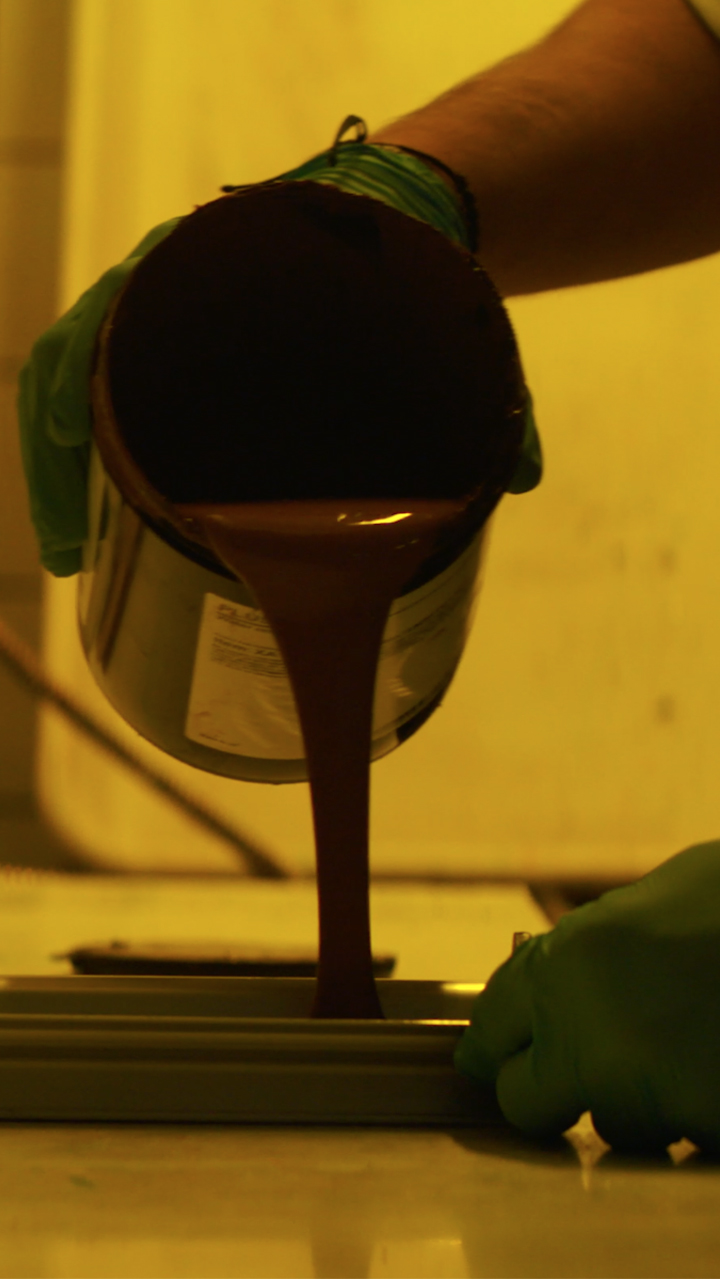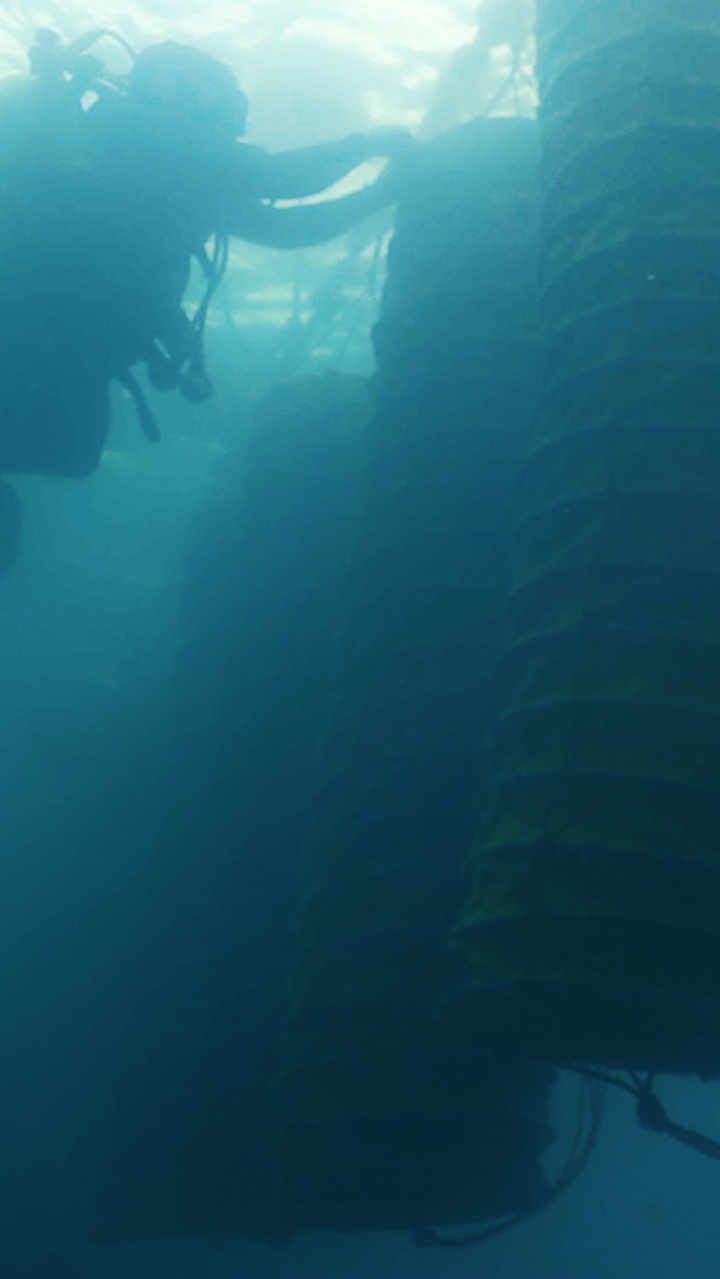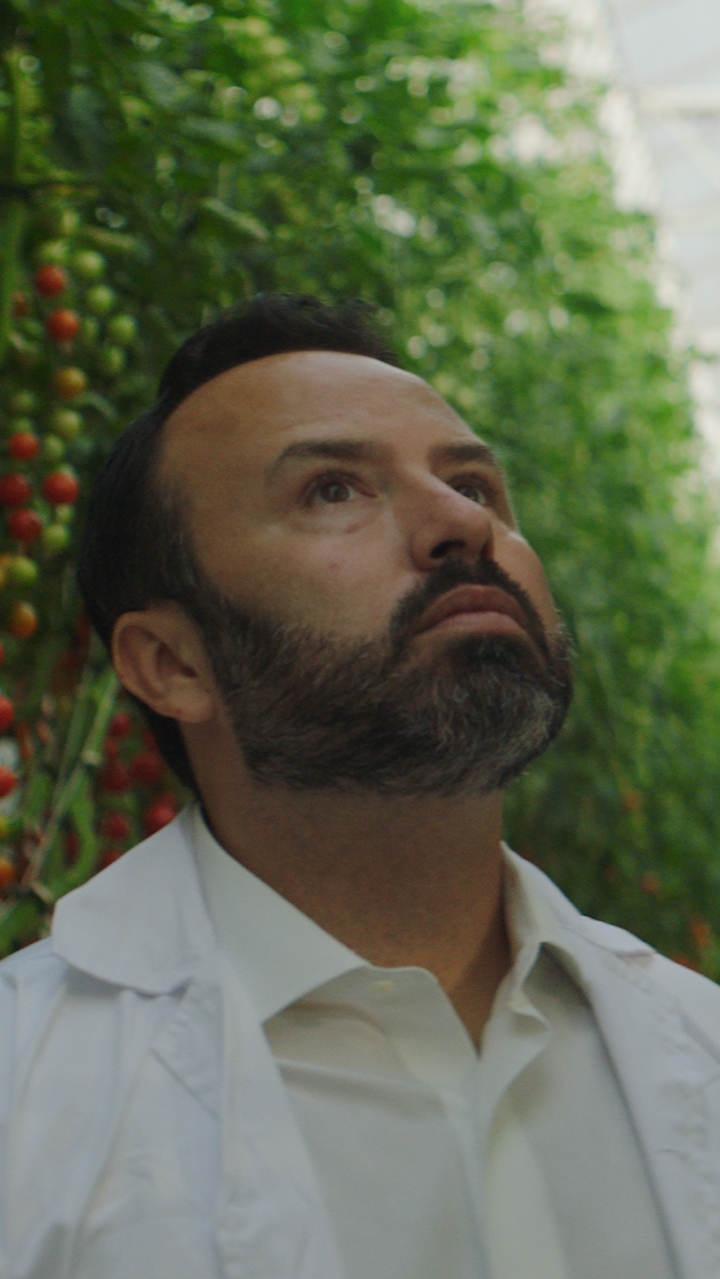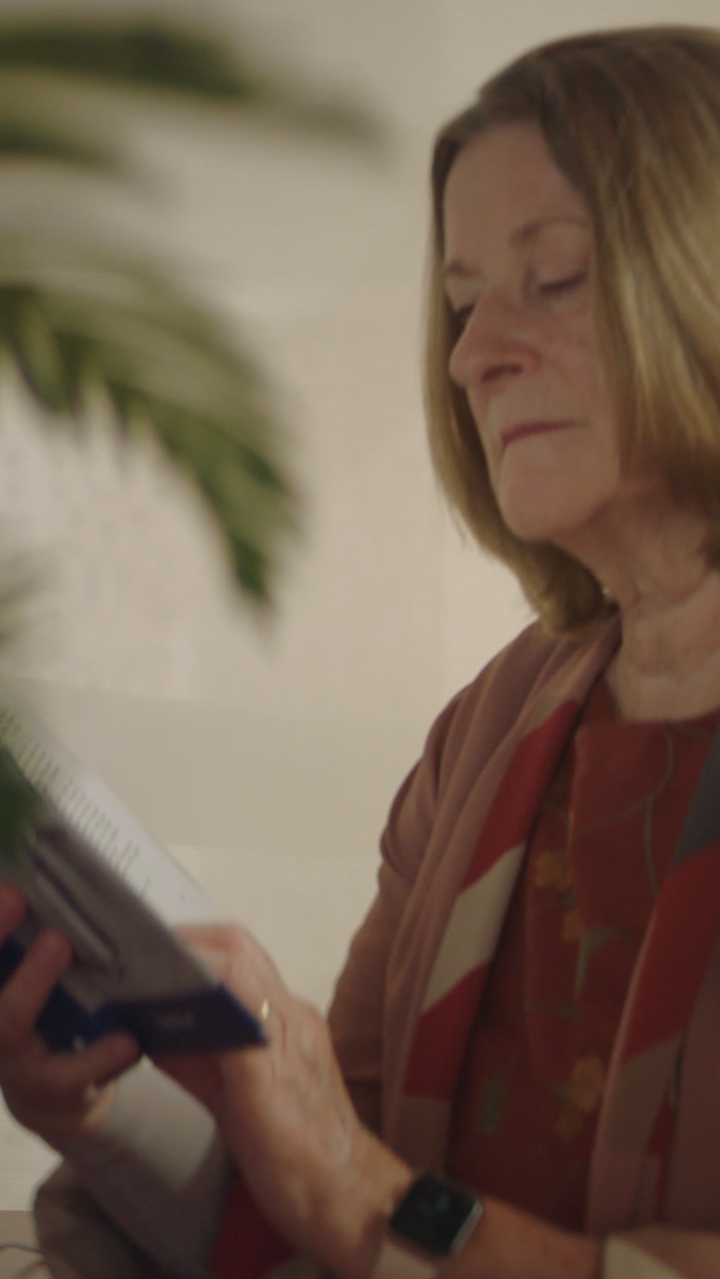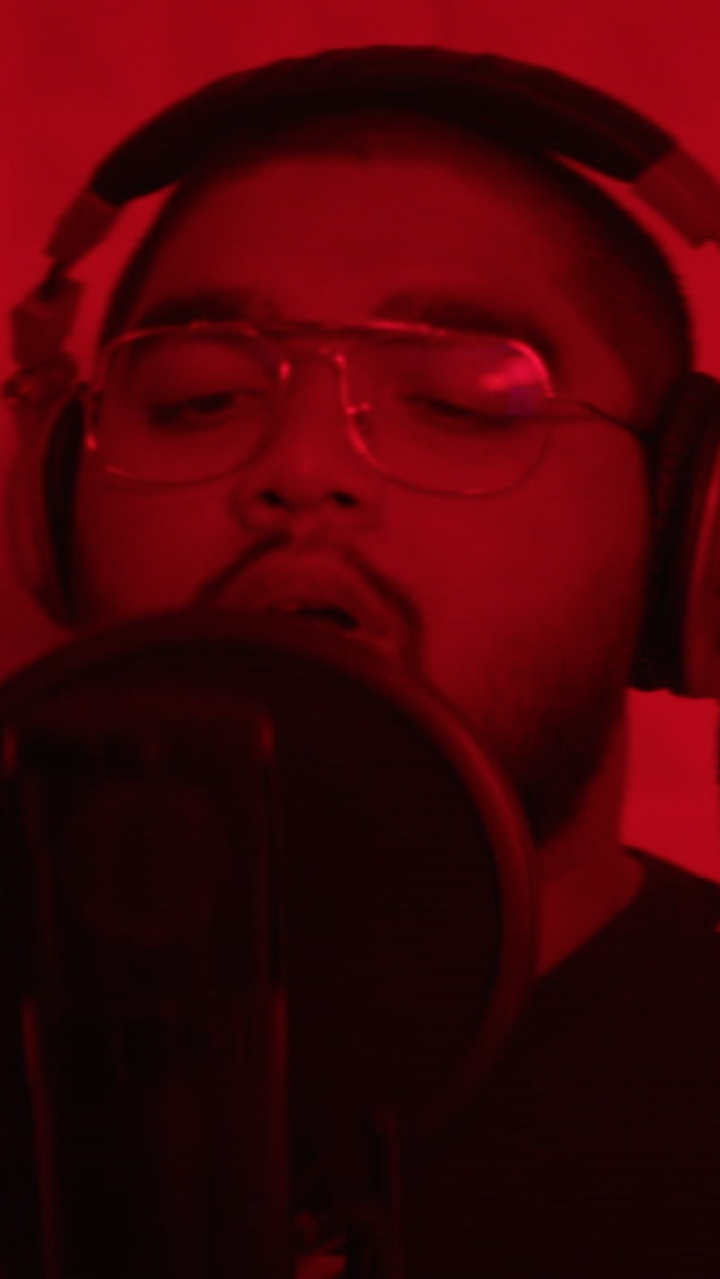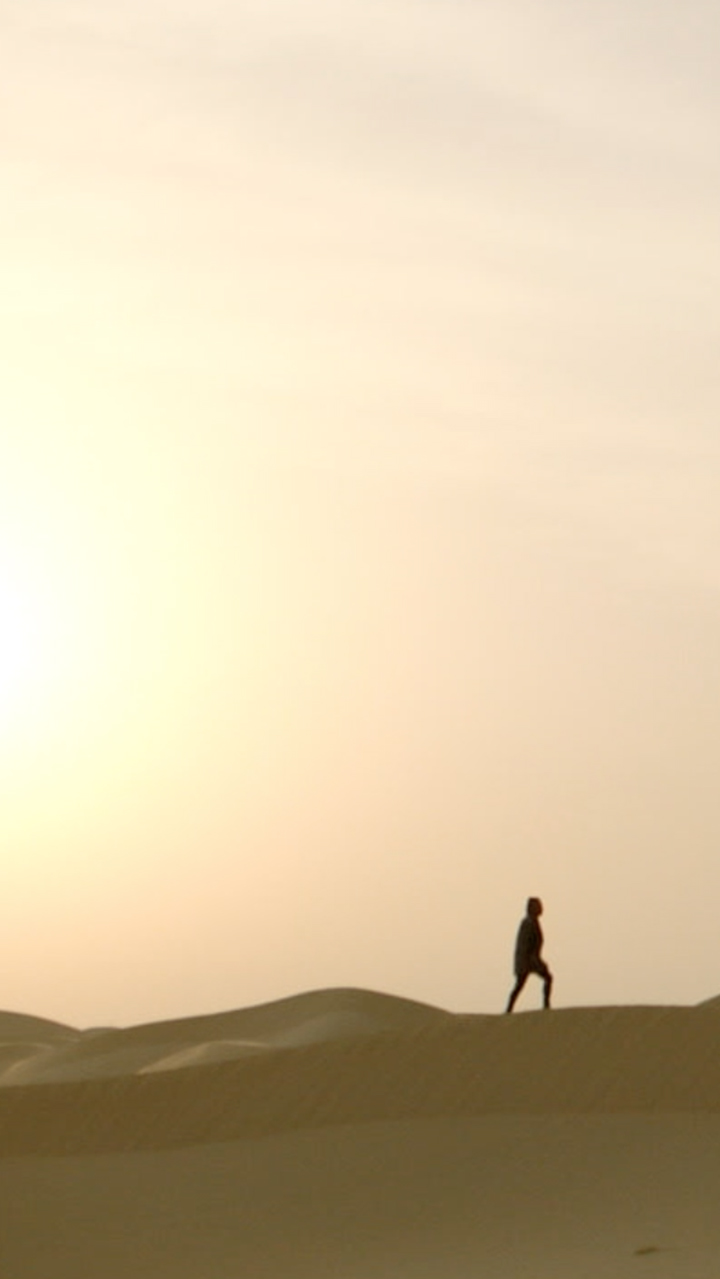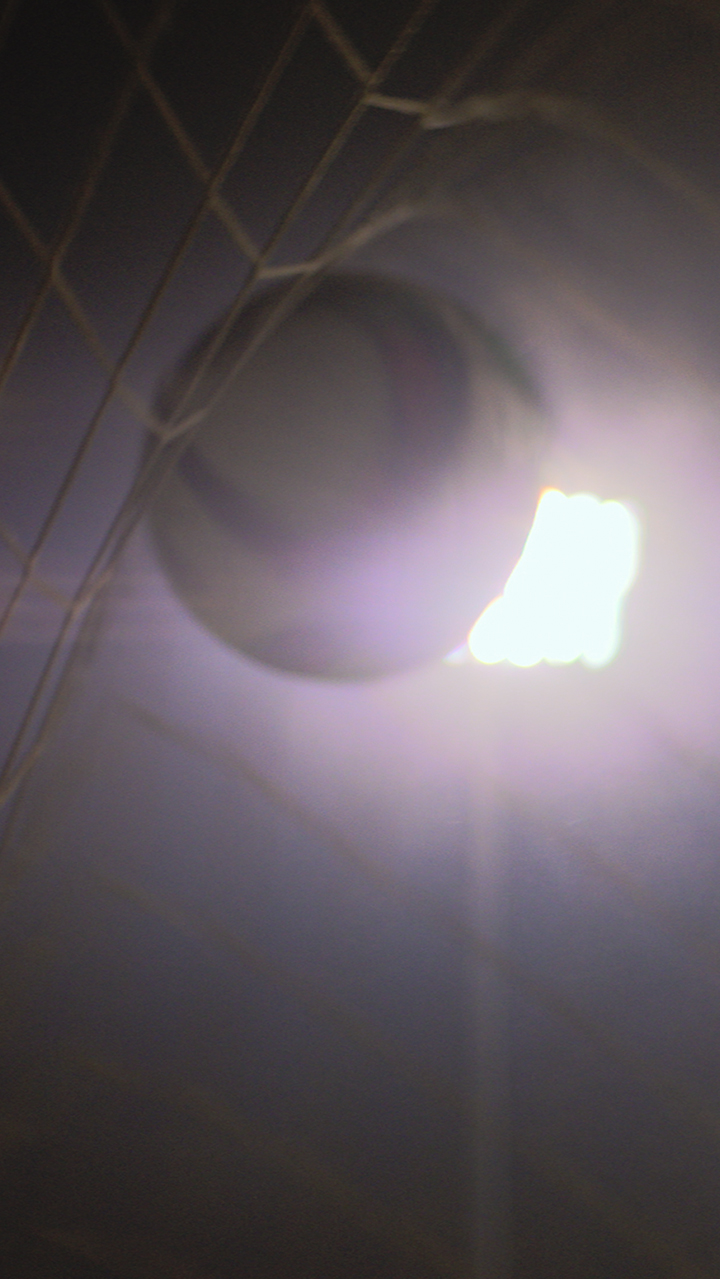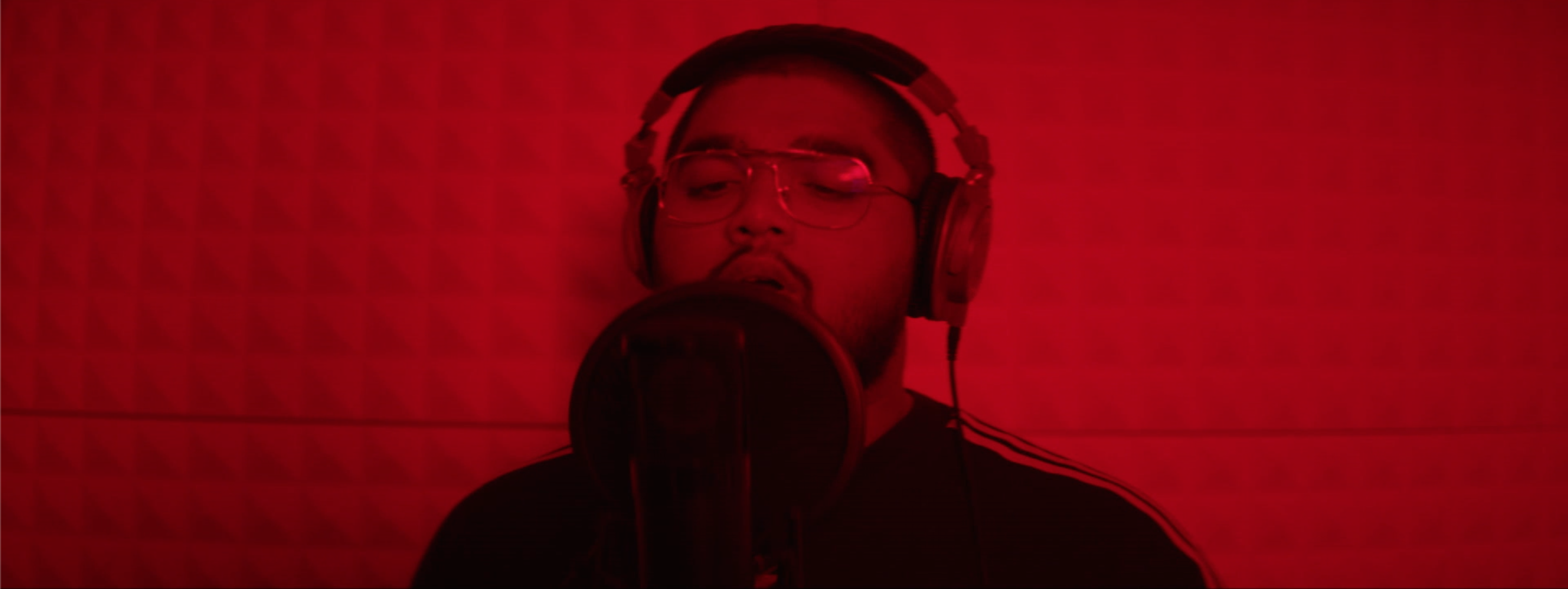
The Story of Music
Written in 1979 by the Irish duo of Michael Kiely and Patrick Brady during a three-month residency in Abu Dhabi, it remains a light-hearted, lovable novelty song that doubles up as a bingo card of expatriate experiences.
It’s tough in the Gulf when the AC’s not working. And I'll never get used to having Sunday on Friday. I work hard for my dirhams and I try hard to save them. Bokra, inshallah, I am never alone.
If you lived in the UAE in the early 1980s, chances are you’ve heard this song endlessly on local radio stations, especially Abu Dhabi’s Capital Radio 93.5 FM.
Another ditty, Back in Dubai by Kenyan singer Sal Davies, could just well be the most 80s song ever performed. Curiously it was used as the theme tune for the 27th World Chess Olympiad taking place in the city in 1986.
“Back in Dubai, there’s a song, and they sing it there all the time.”
“Sal, however, doesn’t reveal exactly which song this is.”
It would take well over two decades before music less cartoonish would emerge from the across the Emirates.
For when it comes to music, the Emirates for too long had a well-earned reputation for importing talent. Big talent. Bigger even than The Establishment and Sal Davies.
Prince, Stevie Wonder, Justin Timberlake, Rihanna, Robbie Williams, Guns N’ Roses, The Rolling Stones, Madonna and Paul McCartney are some of the A-Listers to have played here. There are others; Blur, Coldplay, Noel Gallagher, Paul Weller, Eminem, Snoop Dogg, David Guetta, Tiesto and Avicii. And many more.
During the last decade and a half, Abu Dhabi and Dubai have become must-visit destinations for some of the world’s biggest bands, artists and DJs. For local audiences, it was like taking a crash course in music history.
But before that invasion, beyond local bands or visiting ones like the Establishment performing in dark hotel bars, there was barely a functioning music scene at all.
Young aspiring musicians had few creative outlets and even less genuine opportunities to break into the notoriously closed music industry. Worse still, it seemed like there was no audience with any appetite for original, local music.
In a land that prides itself on providing opportunities, a career in music was strangely an ignored option. After all, who wants to watch a struggling local musician in Ajman or Sharjah when you can drive an hour to the capital and watch Eminem or Metallica?
Well, as it turned out, bored kids from Abu Dhabi to Fujairah, just like bored kids everywhere else, will always turn to, and be inspired by, music.
Slowly, an underground scene was slowly emerging across the Emirates. Organic, unnoticed at first, as it could only be.
But the local artists could not emerge in a cultural vacuum, they needed the right environment.
At the same time that the big concerts were taking place, small oases of music, art and culture were emerging, in places like Al Serkal Avenue, warehouses in Al Quoz and small hotel bars in Al Barsha and Bur Dubai.
On elf those artists to come out of this grass roots musical scene was Hamdan Al Abri, a unique talent born to a father from Zanzibar and mother with an Afro-Indian background who moved to the Emirates in the late 1960s.
In 2005, on his return from studying in the US, the Emirati singer-songwriter started the Dubai-based band ABRI alongside friend Julian Symes, with brothers Justin and Andre Atherley later joining as the bassist and drummer respectively.
One of few local bands making original music, ABRI released their first album Sunchild in 2006, and after becoming a fixture in the UAE music scene, their second, Blank Notes, in 2009. But, first the band, and then Al Abri as a solo artist, mostly made a name for themselves by playing in small atmospheric venues across Dubai and the rest of the Emirates.
Radio play and several awards followed, but as solo artist he continued to perform at venues across the Emirates. Wider acclaim would come in the form of radio airplay; opening for the likes of Kanye West, Sade and Timbaland among others; and playing at Battersea Park, London ahead of the 2012 Olympics.
But artists like Al Abri and other local artists and DJs needed a place they could call home. On November 27, 2012, that place became a reality in the form of Analog Room.
It’s no exaggeration to say that as a venue it positively impacted local artists more than any other over the last decade. The brainchild of Mehdi Ansari, with a little help from his brother Salar and friend Siamak Amidi, Analog Room was a sparse space with great acoustics, with focus purely on the music.
“We were three Iranian kids who grew up experiencing Tehran's underground parties during the Iran-Iraq war and had music as the main part of our lives,” Ansari said. “We were also part of the music heads network of UAE who really wanted a better musical and clubbing experience, where the focus was not red carpets and tables. We offered the most cutting edge underground electronic dance music in a very non-Dubai, humble space with a great sound system.”
It was about giving music lovers an authentic experience. Mehdi insists that it was not about recreating the Berlin or London scene; it was about establishing an underground vibe with a uniquely Dubai identity.
“This was what we needed and it was what we did,” Ansari added. “And we were not the only ones. It was a movement. Importing art and inspiring a region of future artists. Soon we could book more amazing music from the region and after five years, we turned towards booking regional artists only, building our own scene and importing that.”
The regular live music nights provided a fresh experience for music fans, as it did for artists and industry professionals like Siamak Amidi, Salar Ansari, Abood Nasrawi, Shadi Megallaa, Paul Martin, Adam Rahman, Hassan Alwan, Mohsen Ataei and many more.
They also established Abri and others as relevant artists in their own backyard, and fostered in music fans a sense of pride and kinship that perhaps would not exist with the mostly inaccessible big, international acts.
A night at an ABRI gig, on the other hand, infused the crowd with a certain street credibility. Those who knew, knew.
Analog Room was not the only club providing a live music platform. Other venues, like Alpha Club at Le Meridien Dubai Hotel Airport Road, Chi at the Lodge, and Music Room next to the Majestic Hotel in Bur Dubai had long been the places to go to for many local musicians and clubbers.
As opportunities opened up for Emiratis and long-term residents drawing on different musical influences and backgrounds, so did they for other expatriate artists that have made the UAE their home.
One such band is Hollaphonic, consisting of Olly Wood and Greg Stainer, who began making music together in 2012 in Dubai, before a measure of local success saw the duo sign a deal with Universal Music Group. It was the type of contract that up and coming artists can only dream of, and Hollaphonic’s rise in the Emirates accelerated after that.
When in early 2013 they released their first single, I Don’t Want It to End, it hit No. 1 on iTunes in the Middle East and received heavy rotation on radio stations in the Emirates.
A month later Wood and Stainer received the opportunity of lifetime when they opened for Seal at the post-Dubai World Cup show at Meydan, and they performed alongside the likes of The Prodigy and Disclosure at Creamfields Abu Dhabi on Yas Island in December of that year. Their first album, Personal Space, was released in 2015 and topped the regional iTunes dance charts as well.
The dance music scene that Hollaphonic thrived in is perhaps the most obvious one for new acts, especially DJs, to succeed in. The Emirates has a significantly large number of dance clubs and outdoor music venues, which over the last 15 years have played home to many who have made their name on these shores before expanding their horizons to play in Asia or in their home countries.
Wood and Stainer have often mentioned that the opportunities they found in this country would not have materialised as easily in the UK or other European countries were dance music is immensely popular, such Germany and France.
Today, Hollaphonic also act as producers for many new and established regional artists.
Elsewhere across the Emirates, aspiring artists of vastly varying experiences and backgrounds were fusing disparate musical genres and releasing it to distinctly local audiences.
There’s Dany Neville, a Lebanese DJ who grew up in Sharjah and lived the dream of representing his native country and the Emirates at the biggest festival of all, Tomorrowland. Or the Emirati student who studied in Japan and returned to form a drum collective in Abu Dhabi.
“I went to Japan on a three-month internship,” Taryam Al Katheeri said. “There, I met a Japanese person who suggested that he will teach me something new about Japan, and that in return I teach him something about the Emirates.”
Al Katheeri returned home with a love for rhythmic drumming, and from that the idea for an Emirati-Japanese drumming band was born.
Today, Kharsha Drums is a success story, playing at music festivals, opening major events such as the 2019 Dubai Boat Show and performing at Dubai Fountains last New Year’s Eve.
Whatever the genre of music, there are increasingly more platforms than ever for artists to release their music, whether on their own websites, Youtube or social media.
Freezones like TwoFour54 in Abu Dhabi, or Dubai Media City and its affiliate In5 innovation centres provide affordable musical licences and programmes, as well as studios and equipment for rent, for those who want to take that step from playing in their own garage to professional quality recording.
Interest in music has begun to manifest itself in other forms.
One of Ansari’s old collaborators, Shadi Megallaa, established Dubai's first independent record store, The Flip Side, in Al Serkal Avenue. Other vinyl shops and online sellers followed. Podcasts such as “Basel Meets” cover both local and international artists as do a number of music blogs.
And who would have thought that rap music could come out of the streets of Ajman?
Saud Ibrahim, aka SG, a hip hop artist documenting what it’s like growing up on the streets of the northern Emirate, did. From his own studio, in his own home, with his own trusted crew.
It’s a far cry from the jolly lyrics of Life in the Emirates.
“There are many things that can help the process,” he said. “For example, if you want samples, hip-hop is a sample-based art. Nowadays you can sign up to Splice and you have one million samples to work with.”
Perhaps that’s an appropriate metaphor for music in the Emirates. Different genres; inspired from faraway lands and local streets; by an array of artists from across the world.
Spliced together, an ambitious, eclectic mix.

